
Research, along with common sense, tells us that handling our food animals gently will result in higher levels of productivity. This is certainly true of pig production. In fact, pigs are particularly susceptible to becoming over-excited due to aggressive handling. Outside of daily activities such as feeding or observing pigs for health issues, pigs tend to be handled at specific times in their lives such as processing at birth, castration, weaning and moving to the nursery, moving to the finisher, and marketing. Breeding stock is handled at breeding, pregnancy checking, vaccination, and weaning.
Pigs have a strong natural urge to escape and will try to squeeze through any gap that they detect. They also have a natural tendency to follow each other and maintain visual or body contact. In addition, pigs are very easily frightened. Bright light, shadows, darkness and loud noise can all startle pigs. Raising a pig in artificial light will often refuse to enter bright sunlight. Eliminate loose equipment, slick floors, moving or shiny objects, and water puddles from the handling areas. Also, be sure to avoid aggressive handling behaviors, including using electric prods, yelling or making loud noises, moving pigs too fast or in groups that are too large, overcrowding them, and allowing excessively long periods of inactivity.
Handlers who understand the concepts of flight zone and point of balance will be able to move pigs more easily. The flight zone is the pig's personal space, and the size of the flight zone is determined by the wildness or tameness of the pig. Completely tame pigs have no flight zone and allow people to touch them.
If you are a new farmer and sees that several pigs are carrying some leaves to the shelter, do not be surprised and take away the leaves. This is a customary pig behavior. They are highly social animals and bringing food back to the nesting area is like a typical man bringing home food for his family. Pigs love to be scratched and scratch themselves against anything that doesn't move, and hurt. But do not eliminate the idea of skin disease or mange affecting your pigs. Look for red spots, blistered ears, or scabs and thickened skins.
Pigs are smart and clever animals. They are independent and can live with minimal supervision. But sometimes a pig behavior perplexes a starting pig farmer, or even a pet owner. Pig behaviour can be natural and sometimes sign of distress or symptoms of diseases. Learning how pigs behave naturally will help you through a process of elimination to look out for unusual signs when dealing with your pigs.
So keep these points in mind. You will find that learning about pig behavior does not need to be difficult when you're learning from someone who have experienced. If you would like more tips on raising pigs for food, take a look at: www.howtoraisepigs.com
 Why And How To Decide Who Would Keep The Dog If Your Relationship Broke Up
Why And How To Decide Who Would Keep The Dog If Your Relationship Broke Up
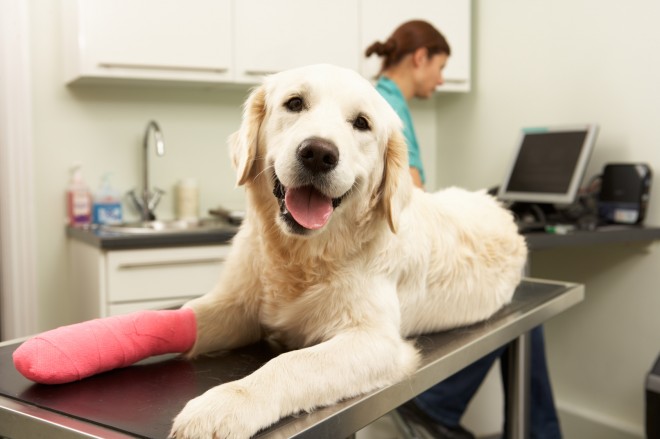 Stitches, Staples And Sutures… Different Forms Of Wound Closures For Dogs
Stitches, Staples And Sutures… Different Forms Of Wound Closures For Dogs
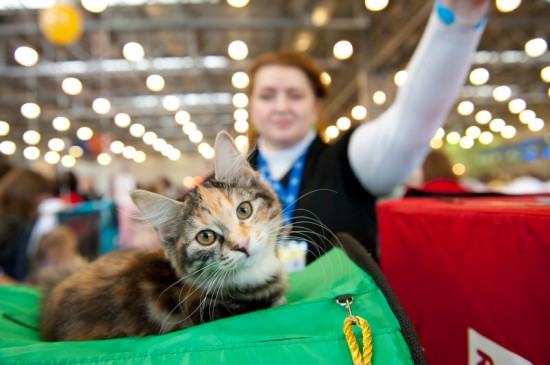 The Supreme Cat Show
The Supreme Cat Show
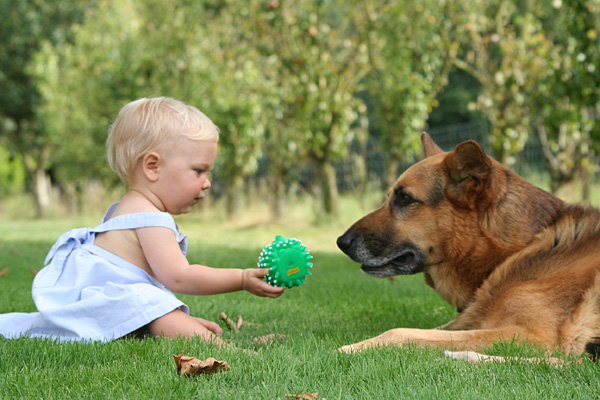 Diagnose The Symptoms Of Ulcers In Horses To Treat Them Effectively
Diagnose The Symptoms Of Ulcers In Horses To Treat Them Effectively
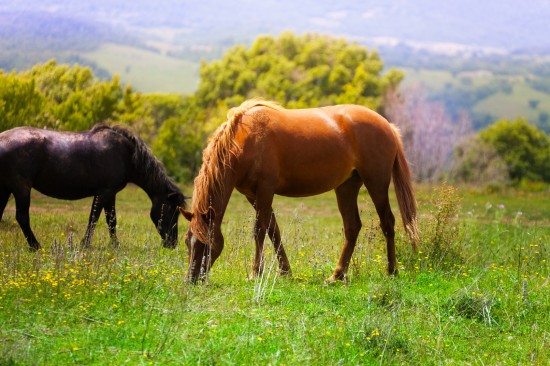 Caring For The Companion Horse
Caring For The Companion Horse
 Is Self-insurance A Viable Alternative For Pet Owners?
Is Self-insurance A Viable Alternative For Pet Owners?
 The Expert Way To Find Dog Ownership Success
The Expert Way To Find Dog Ownership Success
W
The Expert Way To Find Dog Ownership Success
The Expert Way To Find Dog Ownership Success
W
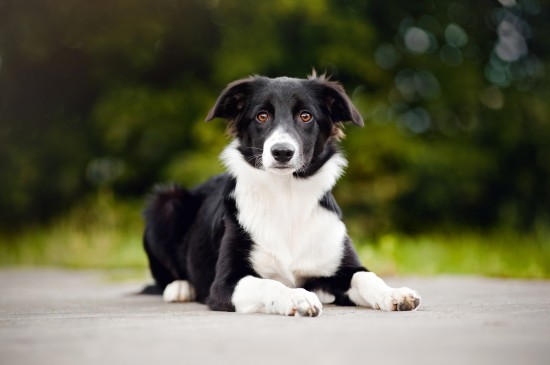 Handling And Managing A Herding Dog In A Domestic Environment
Handling And Mana
Handling And Managing A Herding Dog In A Domestic Environment
Handling And Mana
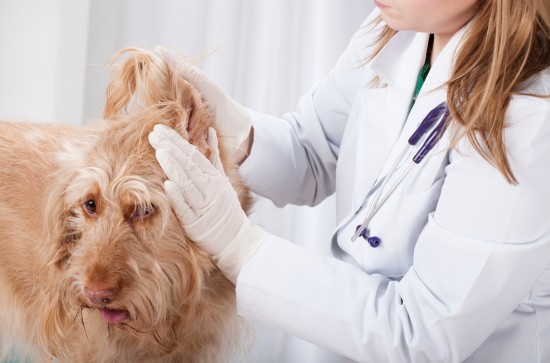 7 Tips To Help Dogs With Ear Problems
7 Tips To Help Do
7 Tips To Help Dogs With Ear Problems
7 Tips To Help Do
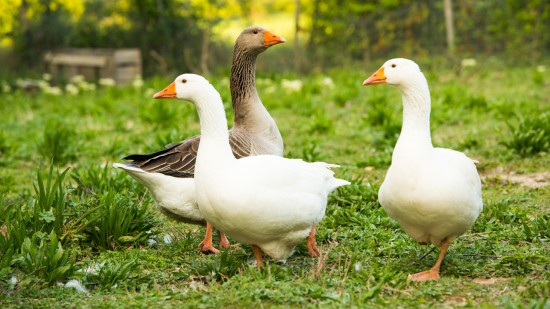 How And When To Pair Ganders And Geese
How And When To P
How And When To Pair Ganders And Geese
How And When To P
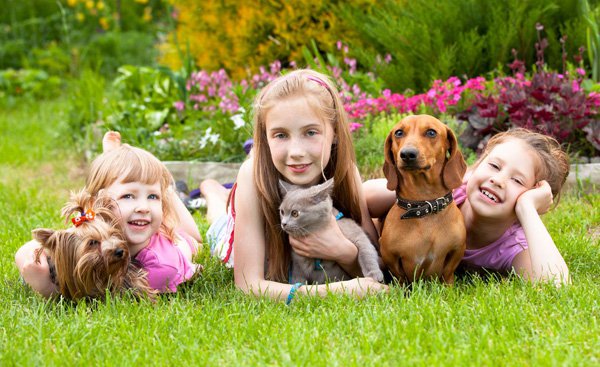 What should you consider before buying rabbit hutches?
What should you consider before buying rabbit hutches?
What should you consider before buying rabbit hutches?
What should you consider before buying rabbit hutches?
Copyright © 2005-2016 Pet Information All Rights Reserved
Contact us: www162date@outlook.com